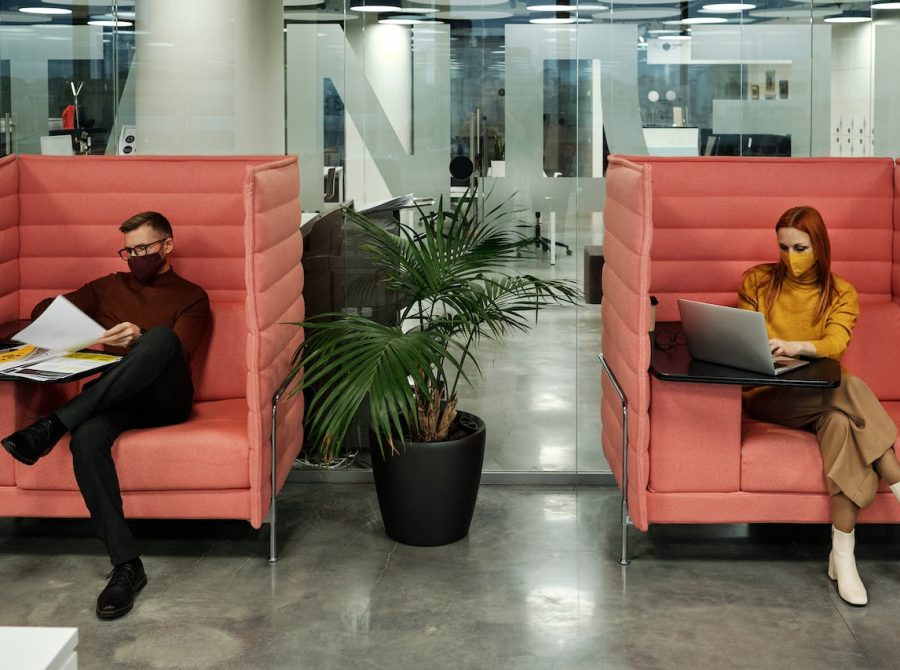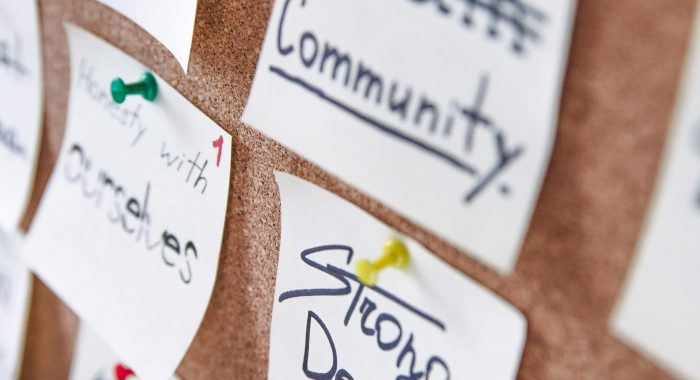
5 aspects that employer appreciate and jobseekers overlook
While some people get great offers as soon as they start attending job interviews, others say that even after sending out intensive CVs, preparing thoroughly and seeming to shine during interviews, they still can’t find a job. What is the secret behind the fact that some people are able to find a job much more quickly, even when they lack competences in a particular field? Here are 5 important aspects that every employer appreciate, but which are rarely thought about by job seekers.
Who are you online?
Some jobs have a flood of CVs, so HR companies or managers themselves don’t really check everyone’s social networking accounts. However, experts say that recruitment is not just about looking at CVs. When you are nearing the finish line and there are only a few competitors left – facebook, linkedin, even instagram are viewed far more often than you might have thought. Many of us live on social networks and post information on them that perhaps a prospective employer shouldn’t see. We’re not even talking about party pictures! They are a bad example of self-presentation. However, even pictures of you on holiday in Turkey, lying around with a bathing suit, or boasting about how lucky you were on a hunting trip, are not always tasteful, as they betray not only your hobbies but also your personality.
More than social networks, a Google search can give you more information. You may have tried to Google yourself more than once to see what the world’s biggest search engine has to offer. While you won’t be able to tweak its content much, the most important thing is that it matches the content on your CV.
Waiting time
Few people think that when they are waiting for a job interview in a company, they are also being watched. Innovative companies even choose waiting as one of the most important nuances that show whether a person is suitable for the job. Some people get very nervous and chew on a pencil. This shows that they do not have confidence in themselves. Others calmly take their coffee from the machine and wait for the interview. This shows that they remain calm in stressful situations. Of course, you don’t have to create a personality that you are not and pull out an IQ magazine to read it. The most important thing is patience. Even if the conversation with those in charge is delayed.
Organisational culture
Organisational culture and its values are receiving more and more attention nowadays. The emphasis is on the fact that only a unified culture can help employees to get along better and thus be more productive. It is always a good idea to do your homework before the interview and to familiarise yourself with the values of the company. It is useful to mention in the job interview that they are acceptable to you and are a very good match for your character, BECAUSE. The most important thing is to argue. Remember that you will only have one chance to create a good image, so it is very important to prepare for the interview. Recruiters believe that it is very easy to see who has really prepared sincerely and wanted to get the position, and who has come in pushing their luck and hoping for the best.
Overall image
It is difficult to define which overall image best suits the needs of the employer. Simply by differentiating between the company and the position, the specific rules to be followed differ. Of course, there are some universal ones, such as businesslike dress, politeness and familiarity with the specifics of the position. You should also look neat and tidy: a washed head and brushed teeth. Of course, no employer will say that they didn’t choose a particular person because he or she is unhygienic, but in context this reason may be more important than you might think.
Communication with people in the waiting area
Let’s go back to the waiting area again, as this is a stage that has been receiving more and more attention in recent recruitment processes. Innovative companies try to create a friendly atmosphere that doesn’t over-emphasise subordination, so polite communication is an important character trait that is needed regardless of the position you hold. During the observation of the candidate, an analysis is made of the way in which he or she interacts with people who are in a position in the company that is lower than the one in which the candidate might be placed, e.g. secretary, cleaner. Disrespectful communication is often not only against the policy of many companies, but also causes dissatisfaction with the person not only as an employee, but as a human being.
The little things are the most important components that can make the difference between getting a job and not. If you do your homework and behave professionally while waiting for and during the interview, all doors will be open to you.





























